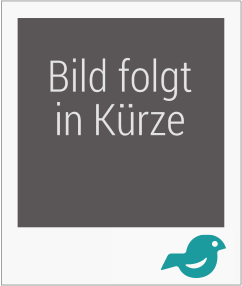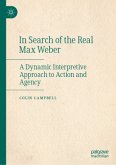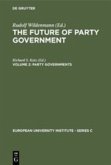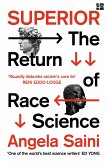This book a two-volume work reexamines the development of sociology during the Weimar Republic, characterising it as a period of remarkable theoretical, institutional, and disciplinary vitality. Contrary to conventional assumptions, sociology experienced a dynamic phase of professionalisation and differentiation during this period, establishing itself both as an academic discipline and as a practice of societal self-reflection in a time of economic, political, social, and cultural upheaval. By engaging with the crises of democracy, capitalism, new media, modernity, relativism, intellectual life, and identity, sociology came to play a crucial orienting role within Weimar society.
The professional self-examination of modern society that this initiated continues to yield valuable insights into how social and historical processes unfold in modern societies. As such, studying sociology during the Weimar period is not just of interest to historians of science; it remains highly relevant to anyone seeking to understand the dynamics and structures of contemporary modern societies.
Volume 2 examines how sociology in the Weimar Republic positioned itself in response to the economic, political, social, and intellectual crises of modernity. Set against a backdrop of fragmentation, relativism, and a perceived absence of normative foundations, the book traces key debates over how sociology might provide coherence and direction. One section considers the theoretical approaches developed to challenge historicism and epistemic uncertainty. Another investigates the emergence of a sociology of intellectuals, reflecting on the role of thought leaders in a society marked by polarisation and ideological upheaval. A third section explores sociological analyses of the era s central crises democracy under strain, capitalism in turmoil, the ambivalence of individualisation, and the longing for community and cultural meaning. Across these responses, the volume reveals sociology s self-understanding as a science of orientation and societal reflection an ambition that remains as urgent today as it was in the Weimar era.
The professional self-examination of modern society that this initiated continues to yield valuable insights into how social and historical processes unfold in modern societies. As such, studying sociology during the Weimar period is not just of interest to historians of science; it remains highly relevant to anyone seeking to understand the dynamics and structures of contemporary modern societies.
Volume 2 examines how sociology in the Weimar Republic positioned itself in response to the economic, political, social, and intellectual crises of modernity. Set against a backdrop of fragmentation, relativism, and a perceived absence of normative foundations, the book traces key debates over how sociology might provide coherence and direction. One section considers the theoretical approaches developed to challenge historicism and epistemic uncertainty. Another investigates the emergence of a sociology of intellectuals, reflecting on the role of thought leaders in a society marked by polarisation and ideological upheaval. A third section explores sociological analyses of the era s central crises democracy under strain, capitalism in turmoil, the ambivalence of individualisation, and the longing for community and cultural meaning. Across these responses, the volume reveals sociology s self-understanding as a science of orientation and societal reflection an ambition that remains as urgent today as it was in the Weimar era.








